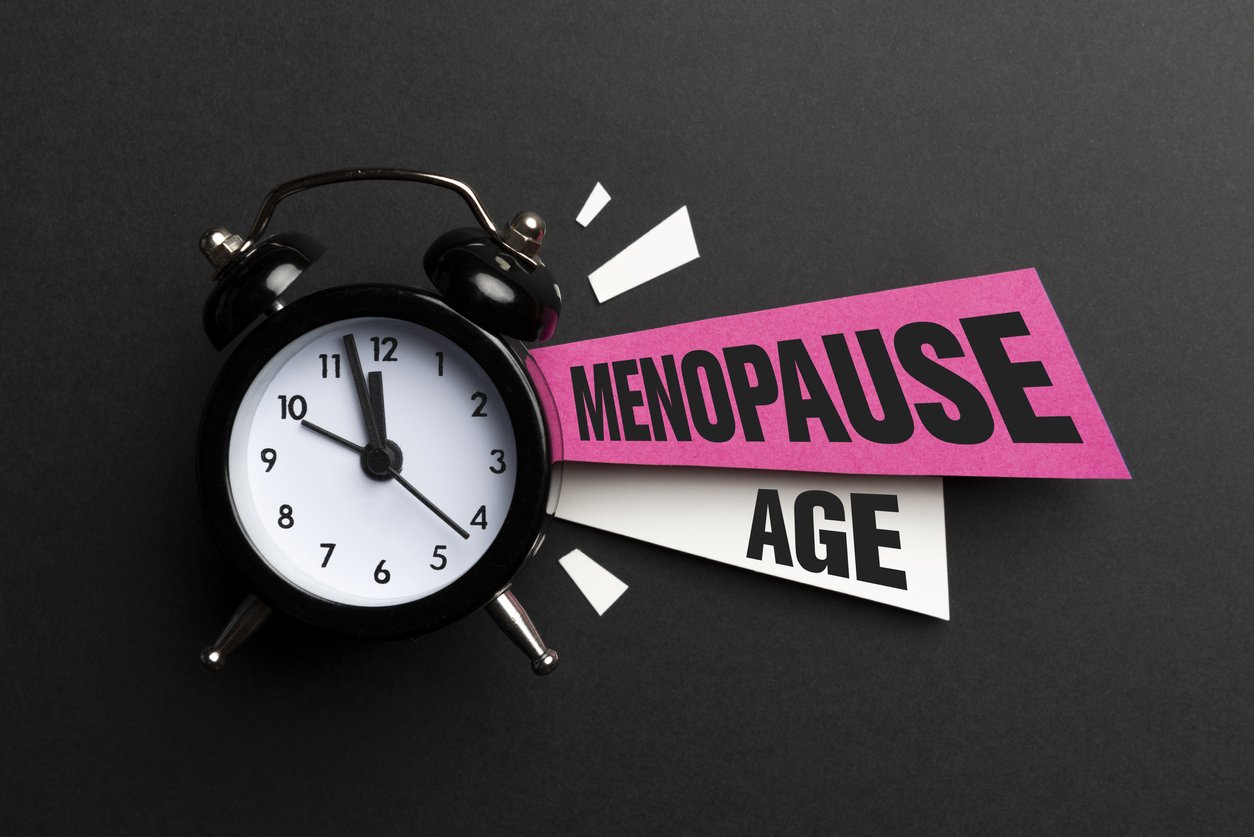…And why employers need to be more supportive.
A government report earlier this year outlines the effects the menopause has on women’s economic participation and the resulting costs to these women, their employers and society.
The study from the Government Equalities Office found 1 in 10 women in their early 50s suffers “severe symptoms” from the menopause which affect their work.
The most problematic symptoms for work-related absences and reducing productivity were listed as:
Sleep disturbances
Sleep disturbances as a result of the menopause are considered as one of the most detrimental symptoms towards a woman’s work life. We’re all aware of the impact a night of restlessness can have on our mindset, and productivity the next day. Lack of sleep makes generating new ideas, focusing, motivation and learning new things challenging.
The report cites a 2013 study with a sample of 912 perimenopausal or menopausal respondents recruited from 10 UK organisations. They were asked to choose which symptoms caused problems at work from a list. Tiredness came joint second with memory problems, illustrating the impact it can have.
Hot flushes
75% of menopausal women will experience hot flushes during the transition. They can wreak havoc on our concentration, or ability to think coherently under such uncomfortable conditions.
The report cites a large, robust US study which reports 18% of women aged 40 – 64 with menopausal symptoms experienced hot flushes and said it impaired their work performance.
The surge of immense heat rushing through our body can be overwhelming while the rivers of sweat accompanying the feeling make it incredibly hard to manage in a working environment.
Additionally, the symptom can interrupt our sleep and prompt the range of symptoms associated with sleep disturbances. This makes hot flushes one of the worst symptoms when it comes to productivity.
Migraines
Unlike headaches, a migraine is hormonal in nature and the fluctuations in oestrogen during the menopause can cause them.
A migraine is defined as a throbbing pain usually on one side of the head which can last up to 72 hours.
Studies considering migraines in adult sufferers in general point the symptom towards job loss, job absence and lower productivity.
Irritability mood swings and emotional outbursts
Mood swings can be damaging to a career not only through absences and loss of productivity but also the fact that it can compromise a woman’s professional reputation.
Many women experience a loss of control in their emotions as they go through the menopause transition. Emotional outbursts can undermine professional credibility without an understanding from colleagues as to why they have occurred.
‘Coping Mechanisms’
How have menopausal women managed with severe symptoms in the workplace?
The government report identifies HRT as a coping mechanism, explaining women use it to manage the effects of their symptoms at work.
While the positive evidence concludes that 50% of respondents have said HRT has helped them continue their careers, it’s clear HRT is much more than a coping mechanism. The treatment is responsible for restoring the hormone levels that fall so dramatically during the menopause and as a result, a woman’s quality of life.
The data outlines this, showing only 12% of 127 taking HRT say it was for work, while 58% listed work as a primary, but not the only reason.
It’s not HRT or nothing…
Whereas HRT may be the most widespread and recognised treatment for the symptoms of the menopause it’s not the only thing that’s available.
It’s somewhat of a common mindset that HRT is the only treatment out there for the menopause and if you can’t take it, well tough. But there are alternative treatments available to help make the menopause more manageable at home and in the workplace.
So how much does this cost the British economy?
There are over 3.5 million female workers that are over age 50 in the UK and the average age of the menopause is 51. Considering there are no widely recognised practices to help and support women manage the menopause at work, it must be pretty costly to the economy, right?
The report provides a very conservative estimate, assuming 174,200 women will experience severe symptoms which have an effect on their ability to work:
“The absence of these 174,200 women aged between 50 and 54 cost the economy at least £7.3million in absence-related costs… but this estimate failed to include other costs like “symptom-related lateness for work, lost productivity due to medical appointments during working hours [and] women who reduce their working hours due to symptoms”.
The other costs on women being loss of wages, employment and psychological benefits at work. While for employers they’re hiring costs and productivity losses which can all cause a pretty significant effect which trickles down to the economy as well.
Workplace support should be a necessity
The report concludes that managers need to do more to support menopausal employees and we need to understand the effects it can have.
It said, “Unlike pregnancy or maternity, the menopause is not well understood or provided for in workplace cultures, policies or training.”
Sam Smethers, chief executive of the Fawcett Society, said: “This report reveals that there are more women over-50 in the workplace than ever before but they are suffering in silence with menopausal symptoms.”
Marks & Spencer’s Approach
M&S employee a workforce of over 85,000 and 74% of these are women. in 2015 they developed a website called ‘Your Wellbeing’ which employees in looking after their health, with a ‘Manage Your Menopause’ micro-site, with videos, information for line managers. They also have robust policies covering any menopause-related absences.
The site has been a huge success and sickness absences and labour turnovers reduced significantly as a result. Three years after the site was launched the retailer won the Business in the Community 2013 Workwell award for the initiative.
The success of Mark & Spencer’s approach to the menopause demonstrates the success of support measures for the transition.
The fact that this isn’t a common practice demonstrates the topic is still taboo.
The menopause can tear our self-confidence to shreds and leave adept, confident and successful women feeling like they are no longer able to work.
Going through the menopause doesn’t re-define who women are they are still ambitious, committed, wise and reliable. But the transition can be detrimental to a woman’s career without the right support.
With the average lifespan increasing and the number of women in work past 50 rising to higher than ever before, it’s about time we had practices in place to support menopausal women in the workplace.
See all our menopause content, including an interview with menopause expert and GP, Louise Newson, downloadable guides and more.
Subscribe to our weekly newsletter for more content like this delivered straight to your inbox!





